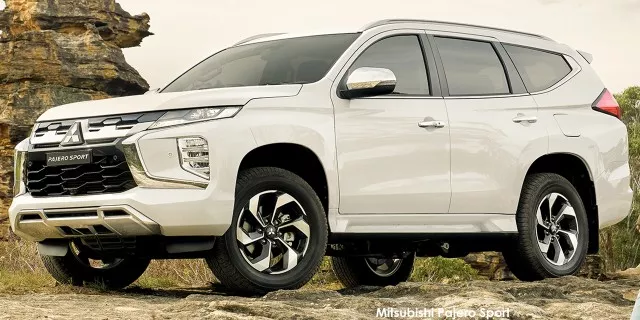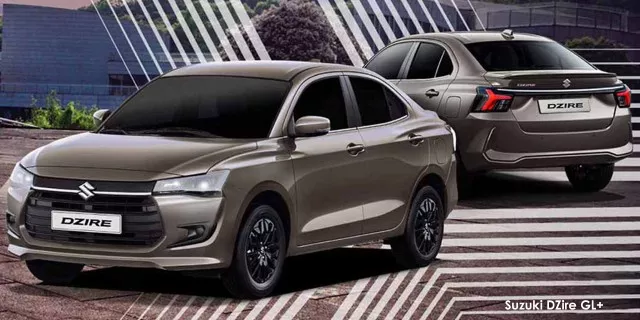
Minister of Trade, Industry, and Competition, Parks Tau, has announced that his department will seek an audience with the United States (US) to discuss the recent tariff hikes on vehicles imported into the world’s biggest economy.
US President Donald Trump recently announced a 25% tariff on imports of cars and certain automobile parts under Section 232 of the US Trade Expansion Act in a bid to tighten national security and incentivise investment into the country’s own manufacturing sector.
As per the Executive Order, the duties will apply to all countries including those with free trade agreement with the United States, except for certain products coming out of Canada and Mexico.
The implementation date is set for 3 April for automobiles and no later than 3 May for automobile parts.
Tit-for-tat
The move to hike tariffs stands to do lasting damage to the South African automotive manufacturing sector.
Vehicle exports from South Africa accounted for 64% of the economy’s exports under the Africa Growth and Opportunity Act (AGOA) in 2024 and are therefore a significant component of products currently benefiting under the preferential programme.
AGOA provides duty-free access to the US market for dozens of sub-Saharan African countries for items such as apparel and footwear, agricultural products, chemicals, motor vehicles and automotive components, steel, and wine.
US imports of automobiles and related components from South Africa was estimated at approximately R37 billion in 2024, while US exports to South Africa was just over R20 billion.
While South Africa’s exports go duty-free under AGOA; US imports also enjoy rebates under the Automotive Production Development Programme.
“Previous Section 232 tariffs applied to foreign imports of steel and aluminium nullified the preferences that Sub-Saharan Africa countries enjoyed under AGOA,” said Tau.
“It is therefore expected that the Section 232 tariffs on automobiles and automobile parts will also apply to imports of these products from AGOA beneficiary countries, including South Africa.”
South Africa will therefore seek a meeting with United States authorities to discuss these developments, given potential negative effect on the South African economy.
“The Department will also engage the automotive industry to discuss implications of these development,” said Tau.
Naamsa The Automotive Business Council noted that should no compromise be found, South Africa has the facilities to retaliate in kind against the US.
Naamsa represents the combined voice of the country’s seven vehicle manufacturers comprising BMW, Ford, Isuzu, Mercedes-Benz, Nissan, Toyota, and VW; as well as a host of other automotive industry stakeholders.
“The challenge for the United States, that they need to carefully look at, is the fact that a lot of African countries including South Africa have a lot of mineral resources that they actually need in order for them to produce their vehicles,” said Naamsa CEO Mikel Mabasa.
“So, if they hurt us quite significantly, we are obviously going to lobby and appeal to our government in South Africa and the rest of the continent to reciprocate in kind.”
This may see the minerals being purchased by the United States from African nations subjected to equal or higher tariffs.








